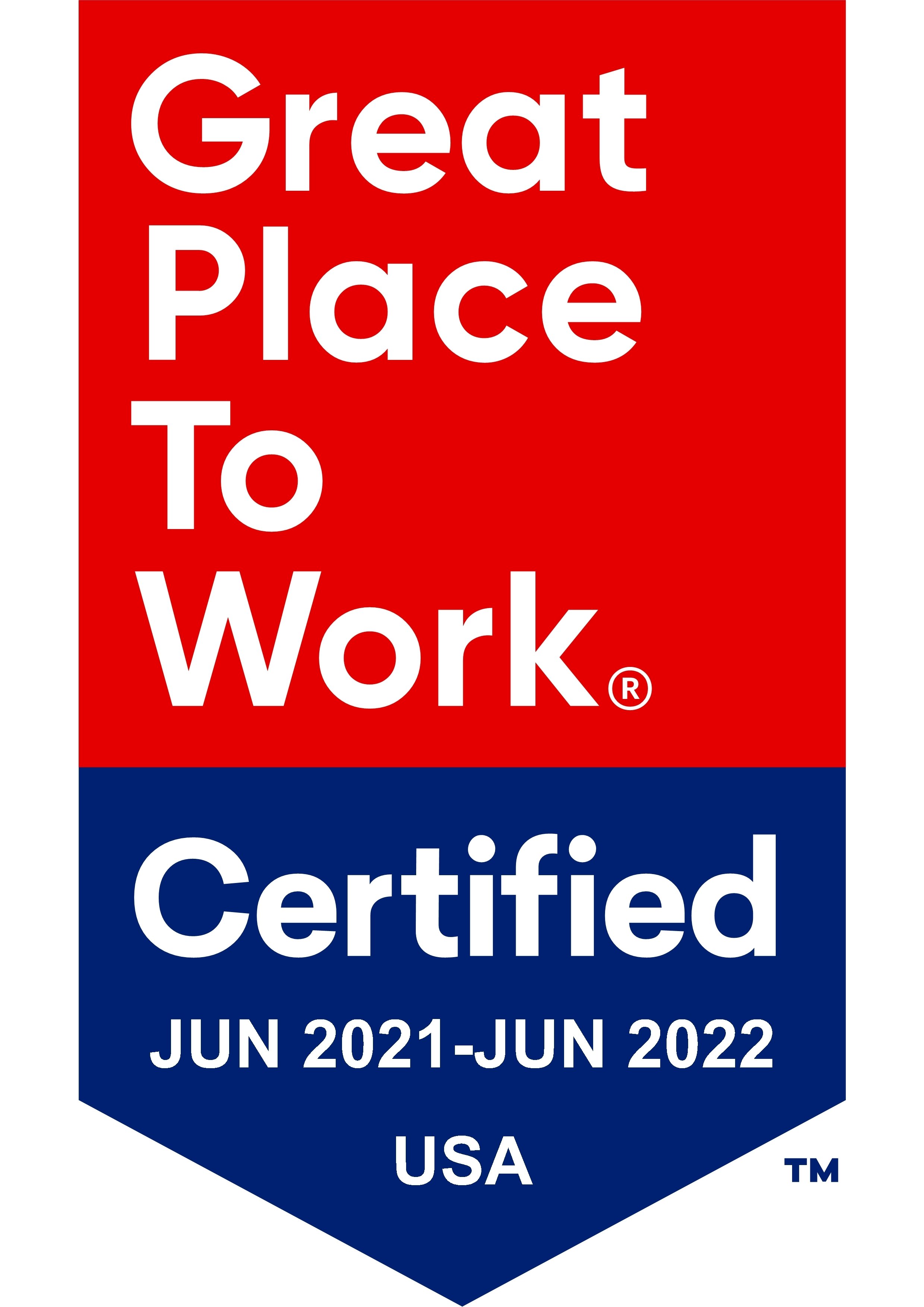Every activity in your insight community is an opportunity to build trust and encourage ongoing participation.
As we head to 2025, many research teams have been reaching out to our team to learn more about potentially using an insight community.
The reason for this demand is simple: With flat or shrinking budgets, many leaders recognize that insight communities have the potential to reduce costs and help research teams scale while getting high-quality data.
But while this tool has long been a staple in our industry, some top insight community platforms are starting to show their age. Outdated tools and clunky processes are making it harder to keep participants engaged and deliver strong ROI. As a result, research teams sometimes hesitate to build their own communities.
The good news? Modern approaches are transforming these communities, making them faster, more engaging, and better suited for today’s always-connected, participant-focused world.
To bust some myths and share new best practices, we recently partnered with Insights Association for an exclusive webinar. Hosted by Jennifer Delfino, VP of IT at Insights Association, the webinar featured Reach3’s Matt Kleinschmit, Jonathan Dore, and Renee Khalili.
We had a very engaged audience for the presentation. Many attendees asked thoughtful questions about a wide range of topics, including recruitment, getting video feedback, B2B communities, AI market research tools, and more.
You can watch a recording below. Further down, we also share some key takeaways from the presentation.
Moving Beyond Traditional Insight Communities
Many traditional platforms haven’t changed much in over 15 years. They rely on slow setups, email surveys, and participant portals that often feel impersonal and outdated. The speakers said these methods don’t resonate with today’s digital-first participants, which is why insight communities (and research, in general) are suffering from declining engagement and ROI.
A modern insight community platform, like Reach3 and Rival’s Community 2.0 solution, address these shortcomings with faster, more adaptive tools that align with participants’ habits. The results? Improved engagement, better data quality, and deeper insights.
The Power of Mobile-First, Conversational Design
Mobile devices are central to how people live and interact, making them the ideal tool for insight communities. Mobile-first, conversational research allows participants to share feedback in real-time, creating an experience that feels natural and engaging.
 Research from the Wharton School shows participants are more open when sharing insights on mobile devices, as the casual format feels less like a test. At Reach3, our Community 2.0 solution uses mobile chat-based research, which participants often describe as being more like talking to a friend. This approach consistently delivers richer, more authentic feedback across diverse demographics.
Research from the Wharton School shows participants are more open when sharing insights on mobile devices, as the casual format feels less like a test. At Reach3, our Community 2.0 solution uses mobile chat-based research, which participants often describe as being more like talking to a friend. This approach consistently delivers richer, more authentic feedback across diverse demographics.
Reducing Friction with Seamless Technology
During the webinar, Matt, Renee and Jon took some time to address traditional insight community management practices and why some of them need to go away. In particular, they recommended against things like portals or asking community members to download apps—extra steps that create unnecessary friction in the research experience.
A more effective approach is web-based technology combined with text message notifications, which deliver research activities directly to participants’ mobile devices.
With text notifications, response and recontact rates often reach 60–80%, with most responses coming within minutes. This frictionless experience is especially effective for engaging hard-to-reach audiences like Gen Zs. It facilitates in-the-moment research while reducing participant dropout rates.
Making Research Engaging and Relevant
Engagement is key to long-term success in insight communities. By designing research activities that are more aligned with how people communicate today, you can drive more market research ROI.
The speakers advocated for a more lightweight approach to “share backs” to improve engagement. Instead of writing an email newsletter, for example, why not incorporate it within the conversational survey itself?
For example, you could add a quick video from your team or share an interesting stat from a previous activity in the beginning of your survey before going into your questions. This approach reduces the effort for researchers (who really has the time to write a long newsletter, anyway?) while also assuring community members feel that their feedback and participation are making a difference.
Remember: every interaction in your insight community is an opportunity to build trust and encourage ongoing participation.
Next-Gen Reporting and AI-Powered Analysis for Actionable Insights
In today’s fast-paced market, waiting weeks for analysis is no longer an option. Modern insight communities provide real-time reporting, allowing researchers and stakeholders to see results as they come in.
Advanced platforms like Rival also offer tools for segmentation, cross-tabulation, and sentiment analysis. For qualitative data like video or photo responses, AI now makes it easier to capture themes and sentiment.
This combination of real-time data and layered insights helps researchers respond to business needs faster and with more precision.

Our approach advocates for mobile deliverables—interactive, web-based reports that help socialize your findings and enhance storytelling. Many Reach3 clients use these deliverables to showcase the value of their insight communities as well as to activate stakeholders to take action.
Rethinking Insight Communities for 2025
Traditional insight communities still serve a purpose, but they risk becoming irrelevant if they don’t evolve. Modern communities must adapt to fit participants’ daily routines, prioritize conversational engagement, and deliver insights that are fast, flexible, and actionable.
By leveraging real-time feedback, seamless technology, and diverse recruitment, companies can create vibrant insight communities that deliver meaningful, strategic value.
Looking to maximize the value of your insight community in 2025? Talk to an expert from our team or download our guide on insight community management and best practices

Kelvin Claveria
Marketing, Reach3 Insights







.webp?width=65&height=83&name=A-LIGN_HIPAA%20(1).webp)

